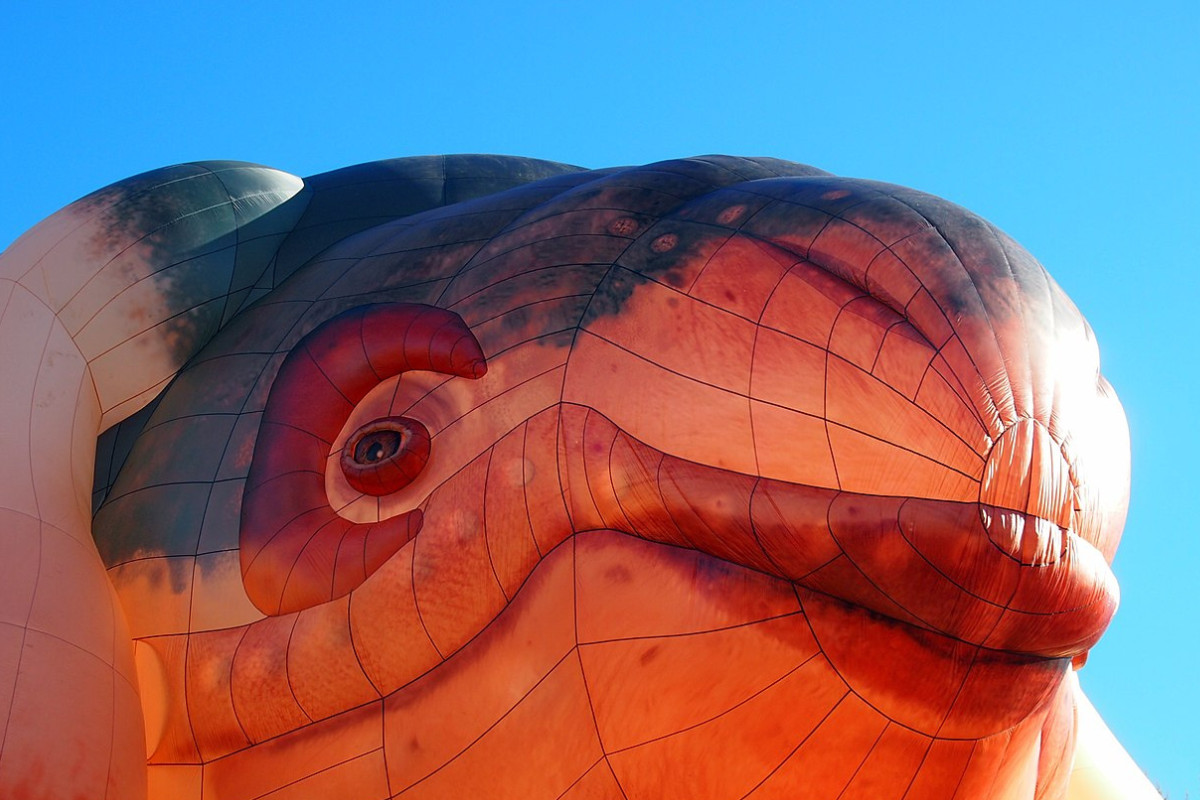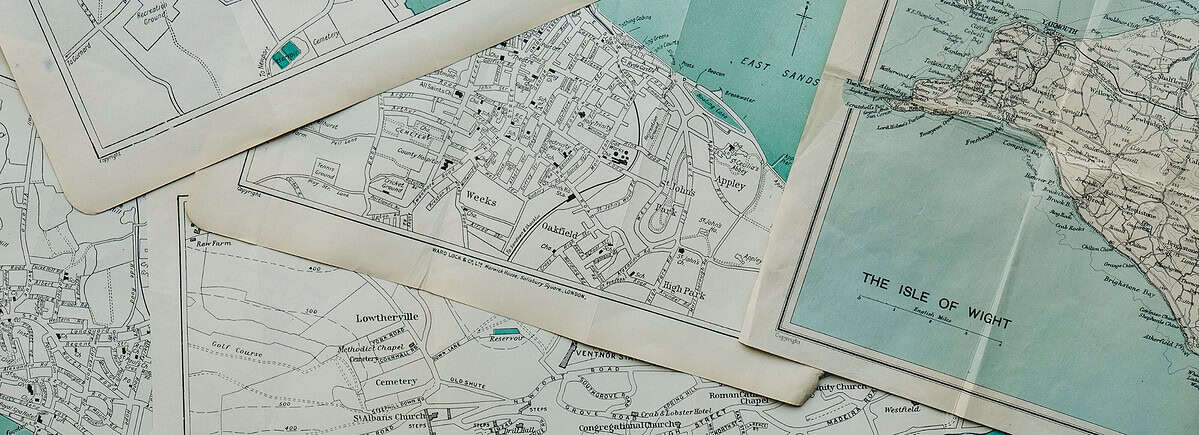
The Australian Academy of the Humanities is delighted to announce the successful applicants for the 2024 Humanities Travelling Fellowships.
Our Humanities Travelling Fellowships enable early career researchers to undertake research overseas, where they may access materials otherwise inaccessible, connect with international organisations, researchers and forge new networks. The Humanities Travelling Fellowships scheme is one of the Academy’s most popular programs and attracts a large number of high-quality applications. It is an essential funding source for early career researchers at a pivotal time in their career.
The successful recipients will undertake research projects addressing issues of national and international significance, such as the experiences of children participating in humanitarian projects, the rise of nationalist movements, and the data obtained without consent from Aboriginal and Torres Strait Islander peoples in the 19th and 20th century.
‘Game changing for an early career researcher’
Dr Matthew Firth from Flinders University will travel to the United Kingdom to access medieval manuscripts across several British institutions, including the British Library and Cambridge University. His research on medieval life-writing will develop extensive new knowledge about how England’s early medieval past was received, perceived and re-written over time.
Of the Fellowship, Dr Firth said, ‘The support the Academy provides through the travelling fellowship is game changing for an early career researcher. Logistically, I can now undertake overseas archival research that once seemed out of reach. Personally, it is a welcome vote of confidence from the Academy in the value of my research and my abilities as a researcher.’
Academy heartened to see strong demand for Fellowships
‘The Academy is thrilled to see so many early career researchers with broad-ranging interests and expertise coming forward,’ says Executive Director Inga Davis. ‘Many of these projects will provide crucial insight into problems our society is currently facing like repatriation of Indigenous remains to the agency and experiences of children involved in conflict and humanitarian projects.’
‘The scheme is one of the Academy’s most popular programs and is an essential funding outlet for early career researchers at a pivotal time in their career — and I’m heartened to see the strong number of applicants this year. The Fellowships provide vital seed funding for humanities research, which will hopefully be developed for future competitive grant funding through the Australian Research Council.’
The Humanities Travelling Fellowships, awarded annually, are one of the Academy’s longest standing awards, having commenced in 1985.
Meet the recipients
 Dr Sia/Xiaoya Yang
Dr Sia/Xiaoya Yang
University of Sydney
Where has the Avant-Garde Gone from China?
This research studies the Chinese avant-garde, focusing on anti-establishment art practices and discourses that have emerged mainly since 2012, the beginning of Xi’s New Era with the state’s global vision and strategy. It mainly investigates unofficial and underground art activities, their form, language, as well as performing tactics, their social impact, and their consequences in the context of seemingly booming global markets and dynamic institutions manipulated by increasingly oppressive politics and ideology.
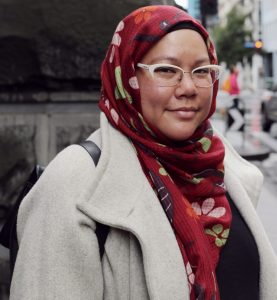 Dr Eugenia Flynn
Dr Eugenia Flynn
RMIT University
Australian Indigenous Literary Culture Within Global Contexts: A transnational and transdisciplinary study of race, racism and colony
Dr Flynn’s research will explore Australian Indigenous literary culture within global contexts by bringing Indigenous literary and creative writing practices into relationship with migrant and postcolonial literatures and scholarship across France and the United Kingdom. In doing so this study will further entrench Australian Indigenous literature as Indigenous epistemology, where Indigenous creative writing practices are positioned as Indigenous knowledge production, and published Indigenous literature, text and writing is positioned as Indigenous knowledge dissemination. Further, through transnational and transdisciplinary approaches to the research, Australian Indigenous literature will be conceptualised as a phenomena of settler colonialism, rather than postcolonialism.
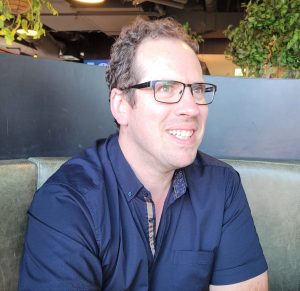 Dr Matthew Firth
Dr Matthew Firth
Flinders University
Reimagining the Past: The Life Writing Traditions of Pre-Modern England
The intellectual culture of England in the century following the Norman Conquest of October 1066 produced an extensive historiographical corpus recording stories of the people and events of the pre-Norman past. The size and scope of this body of historical literature was unprecedented to that point in English history, perhaps even in the history of Western Europe. As a part of this, historical peoples and events were recalled in various forms of life-writing—biographies, hagiographies, obituaries, eulogies, encomia, found alone or embedded within larger texts. This project aims to disentangle the exemplars of medieval life writing from the classical and modern models through which they are usually analysed. It seeks do this by situating the stories of individual lives within the political, social and cultural contexts that informed how the preconquest past was shaped in post-conquest historiography. In so doing, it will develop extensive new knowledge about how England’s early medieval past was received, perceived and rewritten over time.
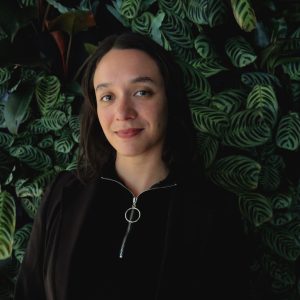 Dr Lauren Booker
Dr Lauren Booker
University of Technology Sydney
The imperial networks and colonial agendas of hair sampling from Aboriginal and Torres Strait Islander peoples
Recipient of the David Phillips Travelling Fellowship
During the nineteenth and twentieth centuries, hair samples were taken from Aboriginal and Torres Strait Islander peoples by researchers, both amateur and academic, and were traded globally for the purpose of marking and measuring race across a range of disciplines. Dr Booker’s project will advance knowledge of the racially prejudiced research and removal of hair samples from Aboriginal and Torres Strait Islander peoples during 19th-and 20th-century race science. As a part of the Fellowship, Dr Booker will travel to the United States to access undigitised archives which hold evidence of US-based networks involved in historical hair sampling from Aboriginal and Torres Strait Islander peoples. This research aims to further understanding of the political histories and present-day ethical issues of archived hair samples, and also asserts the need for increased institutional transparency, Indigenous self-determination and truthtelling in archives.
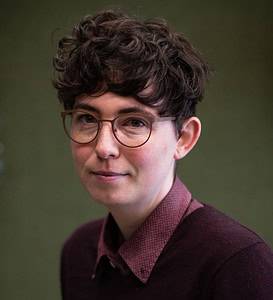 Dr Annie McCarthy
Dr Annie McCarthy
University of Canberra
Crafting Humanitarianism
From the early 20th-century children have been participating in large-scale international humanitarian and development projects, actively contributing to the transnational construction of humanitarianism through their labour, stories, images, and other creative work. Dr McCarthy will construct a counter-archive showcasing the material culture of children’s participation in humanitarianism over a roughly 75-year period between 1914 and 1989. Beginning with the outbreak of WWI, marked as it was by the rapid development in international humanitarian networks and concluding with the Convention of the Rights of the Child ushering in the formal era of children’s right to participation, this project explores the diverse ways children contributed to, and were educated in, humanitarian ideals and principles.
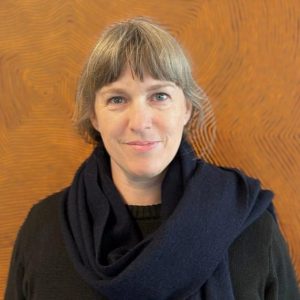 Dr Beth Marsden
Dr Beth Marsden
Australian National University
Children’s’ School Journeys: Historical Experiences of Mobility for Education
This project examines children’s journeys to school in postwar Australia and Finland as forms of historical experience. The research will develop innovative methodologies for analysing children’s experiences and agency in adult-created sources to advance new knowledge of children’s lived experiences, which remain poorly understood. Paying attention to childrens’ historical experience is crucial because institutional and policy histories of education do not often account for how institutions and systems were experienced and lived by children themselves.
There has not yet been any significant historical comparison between Australian school systems and those of countries often referenced in contemporary policy development, such as Finland. This project will contribute to the globalisation of Australian education histories. Examining children’s school journeys, including especially Indigenous and minoritised children, offers insights into the ways those systems were experienced and presents opportunities for scrutiny of dominant discourses of educational access, equity, and inclusion that continue to bear upon contemporary policy.
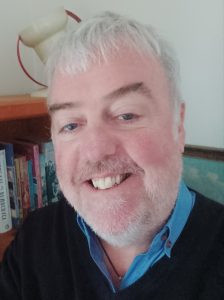 Dr Daniel Leach
Dr Daniel Leach
Swinburne University of Technology
“Vive la Bretange libre?” Collaboration, inspiration and ideological exchange between the Breton and Québécois nationalist movements, 1960 – 1980.
As much as it was inspired by earlier events in Ireland, nationalism in France’s historically Celtic region of Brittany was significantly influenced later in the 20th century by the political struggles in Canada’s majority francophone province of Québec, and by Québécois activism in the areas of language instruction, history education, and cultural rights. Dr Leach will travel to Ottawa to research the cross-Atlantic assistance and exchange between nationalist groups from the 1960s onward, beyond the usual North American-Irish Republican channels. The project will increase knowledge of how ideological inspiration and exchange can function across sub-state national identities, not only those in sovereign states and nation-states.
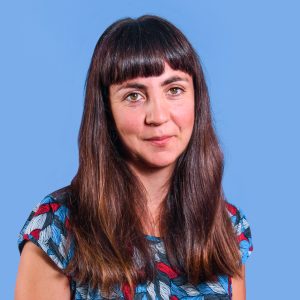 Dr Rachel Orzech
Dr Rachel Orzech
University of Melbourne
Archival work on Les Semaines musicales françaises
Under the Fellowship, Dr Orzech will travel to Paris to undertake research on the failed attempt in 1933 to establish an annual festival of French music in Paris. While scholars have long established that musical culture plays a crucial role in debates about nation and identity, the roles of musical exchange and musical internationalism in the nation building process have received far less attention. She will research ideas around why transnational cultural activity and internationalist outlooks may be crucial to the development and conception of national identities because they produce the impetus to express identity and define a nation in relation to other nations. Her research will contribute to growing scholarly discussion around musical nationalism and internationalism in France during the interwar period. The failed festival at the centre of this project aimed to be outward-looking: it was France’s projection of its cultural identity into the international arena. Its failure raises questions around the discourse on French identity in musical circles, and the way that France conceived of its musical past and future.
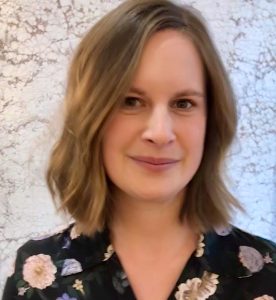 Dr Lucy Stone
Dr Lucy Stone
University of Adelaide
Picturing War: Children’s representations of Lived Experiences of Displacement in the Nazi Era
Since the late 1990s, children’s literature scholars have sought to examine children’s experiences of forced migration, but often only from an adult’s standpoint, such as analysing fiction crafted by adults who as children endured forms of displacement. This research project aims to recover children’s representations of lived experiences of displacement in the Nazi era. Conducting research at three archives in the UK and Ireland, Dr Stone will study unpublished juvenilia (drawings and writings in French, German and English) author-illustrators Judith Kerr (1923 – 2019), Tomi Ungerer (1931 – 2019) and artist Milein Cosman (1921 – 2019) made in exile. The project will draw the differing journeys from their first homes and experiences of war, and, as survivors of the Hitler years, how significant upheaval in their young lives played out over their life courses, as reflected in their later works.
Dr Stone’s research connects to current days issues faced by children and approaches to child-centred data collection and analysis, with opportunities to understand how children represent – and work through – challenging and traumatic experiences, and how this may contribute to trauma informed practices.
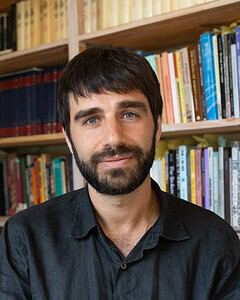 Dr Michael Lazarus
Dr Michael Lazarus
Deakin University
The moral citizenship and the origins of the human condition: lessons from Arendt’s Archives
Dr Lazarus will travel to Washington D.C. and New York to access unpublished materials of philosopher Hannah Arendt. Dr Lazarus’s research will develop Arendt’s distinctive idea of ‘the right to have rights’ to grasp the connection between moral value and citizenship, and the requirement for this idea to be revised to adequately account for the moral experience of work. His research will contribute and advance academic and non-academic understandings of Hannah Arendt’s idea of moral citizenship by conducting archival research and communicating results to scholarly and popular audiences.


